Government Dependency
A significant critique exists regarding a perceived reluctance among many Black Americans who are culturally aligned to employ collective action as a primary means of economic uplift. This stands in contrast to those who, often through individualist striving within the capitalist system, have achieved a level of success that validates that personal path. The critique focuses on those at the socioeconomic bottom who, while deeply connected to the culture, are seen as not leveraging unified effort to lift themselves out of destitution together, for example, One Million black people with $100 to spare from their monthly paycheck combining it each month to build with 100 Million every month. Instead, a majority are described as operating under the belief that the solution to their plight must be provided by the government. This is thought to be achieved either through the reallocation of tax revenue—whether their own or that of other groups—or through the creation of new money.
The critique implies that a reliance on government intervention, rather than internally-organized collective economics, is perceived as a fundamental barrier to self-determined advancement. It suggests that an external solution is being demanded instead of building independent communal power, which perpetuates a cycle of dependency and fails to address the root causes of destitution from within the community itself.
What strategies could effectively persuade economically disadvantaged communities to prioritize internal, collective action for upliftment over petitions for government intervention? Furthermore, if appeals to the government for assistance persist and are subsequently refused, leading to a deepening of poverty and a rise in crime, what is the most probable societal outcome?
If demands on the government continue and are refused, the likely outcome is a deepening cycle of disillusionment and alienation. Without viable internal or external solutions, poverty and crime would likely intensify, not as a form of protest but as a desperate symptom of systemic failure and abandoned hope, further fracturing the community and justifying further neglect.
Based on the scenario described, yes, a likely outcome would be an increase in the incarceration rate of Black people.
This is not due to any inherent factor, but as a direct and historically documented consequence of the conditions:
1. Increased Crime: The predicted rise in crime, born from economic desperation and lack of opportunity, would lead to more interactions with the justice system and more arrests.
2. Systemic Bias: The criminal justice system has demonstrated a well-documented racial bias in policing, sentencing, and enforcement. An increase in crime in predominantly Black communities would be met with a disproportionately aggressive response, leading to higher rates of incarceration.
3. Cycle of Disadvantage: Incarceration further devastates communities, limiting future economic opportunities for those released and destabilizing families, which in turn fuels the cycle of poverty and potential criminality.
Therefore, a government refusal to address root causes, coupled with a rise in crime, would almost certainly result in more Black people being imprisoned, perpetuating a tragic and predictable cycle.
A critique suggests a reliance on government intervention hinders self-determined economic advancement within some low-income communities, perpetuating a cycle of dependency instead of building internal, collective power like pooling resources (e.g., 1M people contributing $100/month to create a $100M fund). Persuasion requires framing collective action as tangible mutual aid—communal insurance against crises, managed with radical transparency by trusted local leaders, offering immediate incentives like debt relief or home down payments. If government appeals fail and poverty and crime intensify, the most probable outcome is a devastating cycle: economic desperation leads to increased crime, which is met with a disproportionately aggressive policing response due to systemic racial bias, inevitably resulting in higher incarceration rates. This imprisonment further devastates communities, limiting opportunities and fueling the very cycle of poverty and crime it claims to address.
0


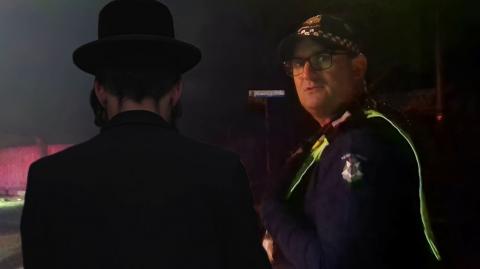
 GANG_STALKING_AUSTRLIA
GANG_STALKING_AUSTRLIA
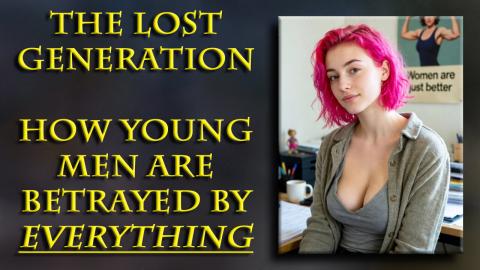
 Better Bachelor
Better Bachelor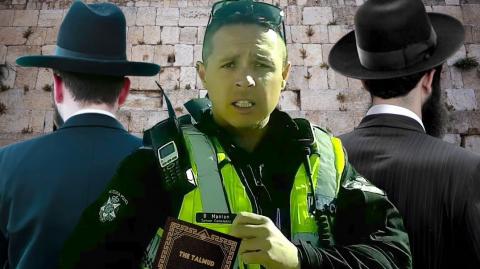

 Sant77
Sant77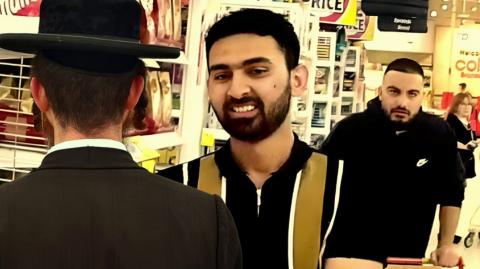

 Life_N_Times_of_Shane_T_Hanson
Life_N_Times_of_Shane_T_Hanson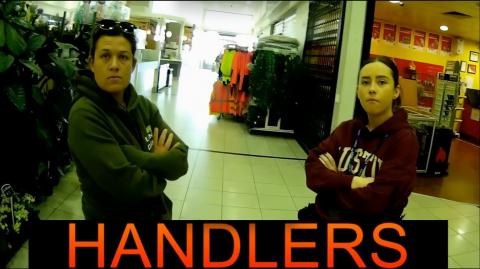

 Redacted News
Redacted News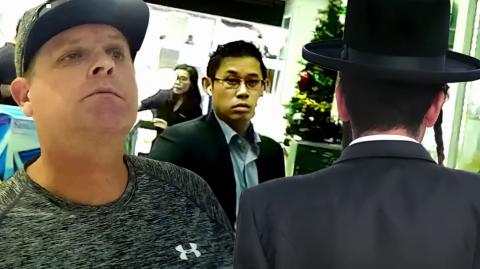

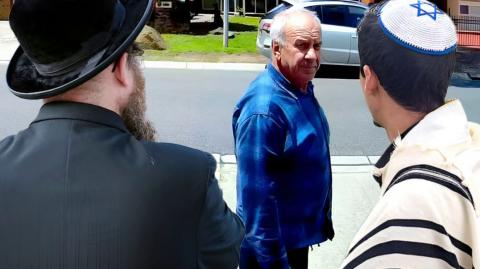
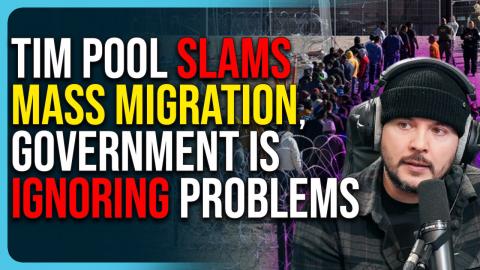
 Timcast IRL
Timcast IRL
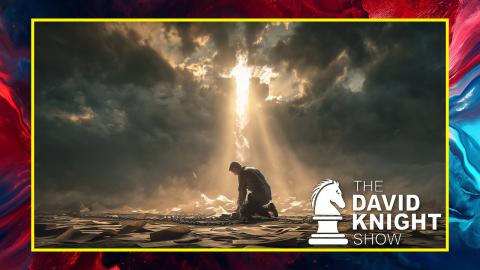
 The David Knight Show
The David Knight Show
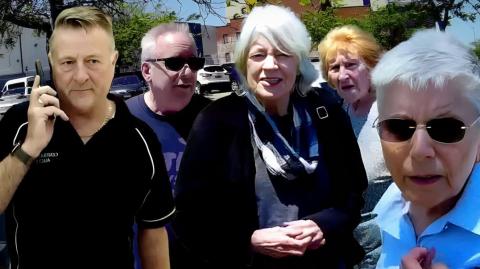
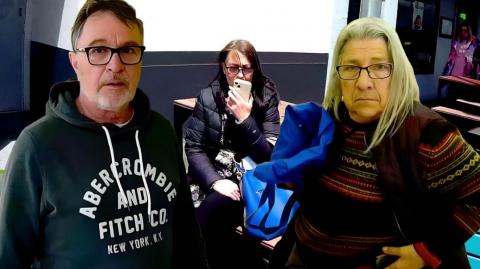
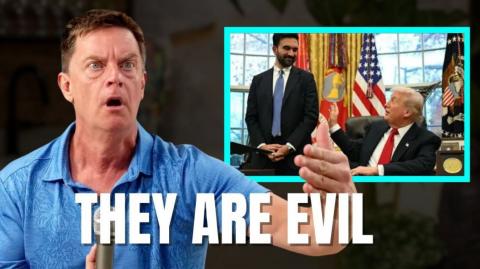
 Ozmosis
Ozmosis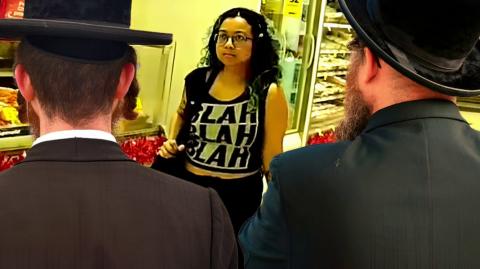


Log in to comment
Yeah, the Demoncrats indoctrinated multiple generations of them... to be probided for by the guberment.